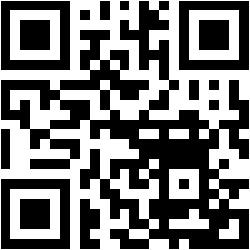
Harvard University professor Charles Lieber leaves the Moakley Federal Courthouse in Boston late last month.
Charles Krupa/AP
Until late last month, Charles Lieber lived the quiet life of an elite American scientist. His lab at Harvard University researched things like how to meld tiny electronics with the brain. In his spare time, he grew award-winning pumpkins in front of his house.
And then, on Jan. 28, the FBI came knocking on his door.
Now Lieber faces charges of trading knowledge for money and lying about it. Prosecutors allege he set up a lab in China in exchange for hundreds of thousands of dollars in payments from the Chinese government and then denied knowledge of those payments to U.S. investigators.
Lieber’s attorney, Peter Levitt, declined to talk to NPR about the allegations. But others watching the case say it raises important questions about ethics, scientific openness and possible racial profiling in an era of geopolitical tension.
“This is a big, big case,” says Frank Wu, a professor at the University of California Hastings College of the Law who tracks Chinese espionage cases. “This is a case that’s all about U.S.-China relations. It’s about competition. It’s about how science should be done.”
The Lieber case centers on a Chinese recruitment program called the Thousand Talents Plan. It was started by the Chinese government in 2008, primarily as a way to draw Chinese researchers back to China, according to Michael Lauer, the deputy director of extramural research at the National Institutes of Health.
“The Chinese government wanted to bring back outstanding scientists to China, so as to develop their science and technology,” Lauer says.
Over time, the program began to recruit Western scientists as well. Researchers were asked to set up labs in China and spend at least part of their time doing work there, in exchange for grants and expenses paid. Some relocated to China, but others split their time between their home institutions and a Chinese university.


